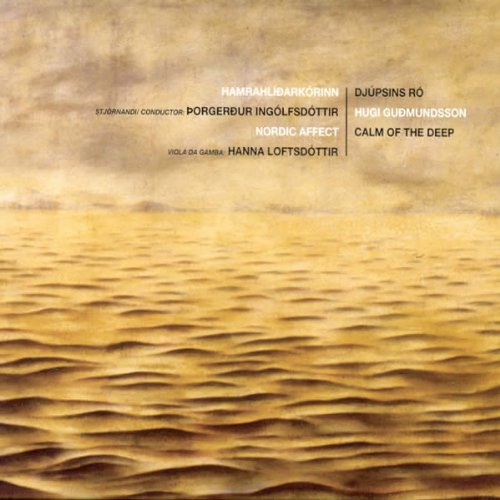What was a stunningly good Alice Coote recital doing trapped inside an A-level Theatre Studies project? I’m not sure that Being Both – the semi-staged sequence of Handel arias originally commissioned by the Brighton Festival – ever came close to answering, but by about ten minutes in the singing was just so damn good that I stopped worrying and learned, if not precisely to love, then to tolerate the foolishness going on around the music.
A concert of Brahms chamber music I could understand, especially given a balance between early and late. An evening of orchestral Brahms, with or without voices, needs much more special pleading. It didn’t get nearly enough last night. An expanded Orchestra of the Age of Enlightenment, including nine very vigorous double basses – where did the extra players come from?
One astonishing creature was missing from the cavalcade of meerkats and whatnot featured in Sunday afternoon’s Life Story Prom introduced by Sir David Attenborough. I mean, of course, the species known as henricuscowelliensis. Or otherwise, plain Henry Cowell – the American composer-pianist and modernist famous for banging the keyboards with forearms and elbows, slithering around in the most brazen dissonances, and generally creating a ruckus that briefly made him a central figure among 20th century musical mavericks.

Last night's Proms performance of Sibelius's Kullervo symphony was radiant, unforgettable, but there has also been a pure coincidence this past week which is simply too good to pass over unremarked: Thursday also saw the first-time publication of J.R.R. Tolkien's version of the same narrative, The Story of Kullervo.

This was a performance laden with contradictions. After last weekend’s gargantuan Grande Messe des Morts, the standard issue Edinburgh Festival Chorus seemed much smaller – but not really small enough. The Scottish Chamber Orchestra was in its augmented format, almost up to symphony orchestra size, but playing in its increasingly popular authentic style with very little vibrato and the crunchy sound of natural brass instruments. Off to one side an organist struggled manfully to be heard on a chamber instrument no bigger than a celesta, and probably quieter.
It’s hardly surprising that at the grand old age of 86 Bernard Haitink can pack them in at the Albert Hall so that there’s no room left in the Arena and those still queueing 10 minutes before the concert have to go up to the Gallery. But he was also doing it back in 1978, when I went to hear my first Mahler “Resurrection” and found myself too late in the queue for the best standing-place in the hall, stuck in the rafters for the one and only time (never again). The Chamber Orchestra of Europe wasn’t even born then.

 Hugi Guðmundsson: Calm of the Deep The Hamrahlíd Choir/Þorgerður Ingólfsdóttir, Nordic Affect/Guðni Franzson (Smekkleysa)
Hugi Guðmundsson: Calm of the Deep The Hamrahlíd Choir/Þorgerður Ingólfsdóttir, Nordic Affect/Guðni Franzson (Smekkleysa)

The only reasonable explanation for the all too belated arrival at the Proms of the SWR Baden-Baden and Freiburg Orchestra is that the festival’s house band, the BBC Symphony, is the one other ensemble reasonably entitled to claim the title of best orchestra for new music in the world. They came with a programme of Boulez, Ligeti and Bartók, 20th century classics all, and well-tailored to their talents. Too little, too late, as it turned out, but what an evening they gave us.

There were two reasons why I didn’t return to the Albert Hall late on Friday night to hear Andras Schiff play Bach’s Goldberg Variations. The first was that one epic, Mahler’s Sixth in the stunning performance by Andris Nelsons and the Boston Symphony Orchestra, needed properly digesting. The other was that at Easter I’d heard Jeremy Denk play the Goldbergs in Weimar, and I wanted that approach to resonate, too – dynamic, continuous, revelatory, in a very different way from how I know Schiff approaches Bach.

When Bach set out in 1713 to write his Orgelbüchlein, or “little organ book”, he listed the titles of the 164 chorales that he wished to include in what was to be a compendium of organ preludes for use throughout the church year. In the event, he completed only 46, leaving 118 so-called “ghost” chorales, each with a given text and (in most cases) a melody – often an old Lutheran hymn tune.

